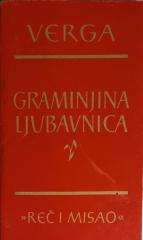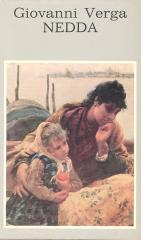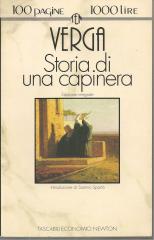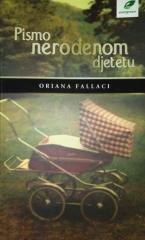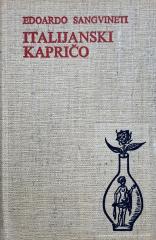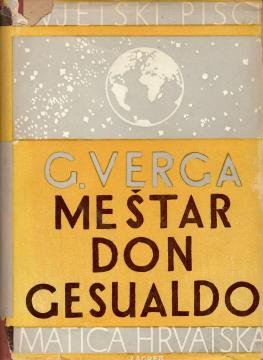
Meštar Don Gesualdo
Roman je važan predstavnik verizma, talijanskog realizma, te oslikava živote ljudi s juga Italije, posebno sukobe između siromašnog seljaštva i propadajuće aristokracije.
Gesualdo Motta, nadimkom meštar, skroman je i radišan kamenorezac iz sela na Siciliji. Teškim radom i upornošću uspijeva stvoriti znatno bogatstvo i postaje ugledan vlasnik zemlje. Iako mu bogatstvo donosi status, suočava se s prezirom okoline zbog svojih "nižih korijena" i društvenog uspona. Unatoč tome, Gesualdo želi steći priznanje i status koji mu društvo nevoljko priznaje.
Kako bi postao prihvaćen među aristokracijom, oženi Biancu Trao, plemkinju koja je iz osiromašene plemićke obitelji. No, njihov brak nije sretan; Bianca ga nikada ne voli, a Gesualdo s vremenom uviđa da ga društvo nikada neće istinski prihvatiti. Iako postane dio plemstva, društvo ga i dalje gleda s prezirom i omalovažava ga kao "seljačkog bogataša".
Gesualdovo zdravlje propada pod pritiskom posla i brige za obitelj, a njegov odnos s kćeri Isabellom također se pogoršava. Isabella se na kraju udaje za plemića, no ni taj brak nije sretan jer njen muž troši Gesualdovo bogatstvo bez ikakve zahvalnosti ili poštovanja. Gesualdo umire napušten i otuđen, svjestan da su njegova žrtva i trud bili uzaludni.
Roman "Meštar Don Gesualdo" prikazuje tragičan život čovjeka koji unatoč uspjehu i bogatstvu ostaje društveni autsajder. Verga kroz lik Gesualda kritizira društvene norme, ističući kako materijalni uspjeh ne može nadvladati društvene barijere i ljudske predrasude.
One copy is available
- Oštećen ovitak
